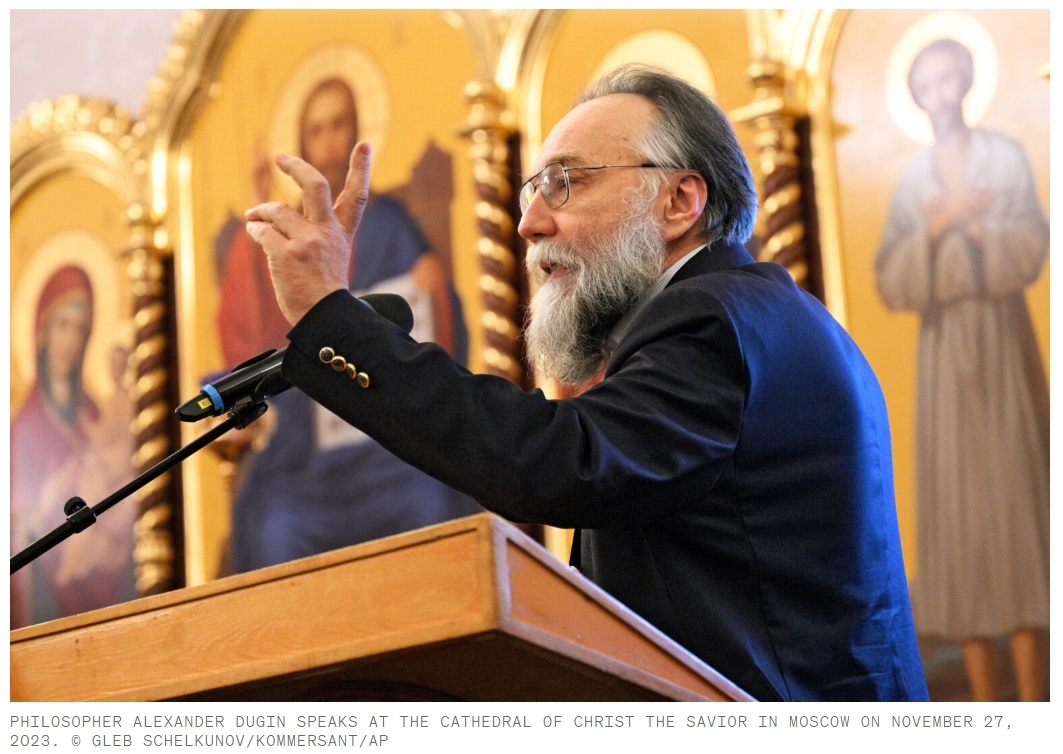The Moral Economy of the Far Right
 https://www.theideasletter.org/essay/the-moral-economy-of-the-far-right/
https://www.theideasletter.org/essay/the-moral-economy-of-the-far-right/


Of all the criticisms of capitalism, one of the most enduring is the idea that the economy should be moral. French utopian socialists envisaged a solidarity economy in which the hard-working received the true value of their labor. In England, the Chartist slogan of “a fair day’s wage for a fair day’s work” still reverberates today. Even Marx, famously seen as an amoral critic of capitalism, contrasted ancient and modern notions of the economy in terms that are surely, at least in some respects, moral: “The ancient conception, in which man always appears (in however narrowly national, religious, or political a definition) as the aim of production, seems very much more exalted than the modern world, in which production is the aim of man and wealth the aim of production.”
But what if one’s morality extends not to “man” or human beings in general, as it did for Marx, but instead to a group limited by national, civilizational, or racial characteristics? Is it not equally possible to envision a moral economy that advocates fair pay, fair trade, social solidarity, and reciprocity within the confines of an identity group and the apparently natural division of labor that structures that group? In fact, today it is the far right that is among the most visible proponents of the idea of a moral economy.
For European New Right thinkers such as the French political philosopher Alain de Benoist, the French theorist and journalist Guillaume Faye, and the Russian political philosopher Alexander Dugin, globalization has ripped the moral heart out of the economy. It has uprooted systems of production and circulation from their native soils, allocating them to the portfolios of transnational elites. In doing so, it has sliced away at the natural bonds that once held communities together: their organic social security systems, ethics of exchange, and traditional work practices. Drained of meaning and spiritual purpose, economies have been reduced to impersonal mechanisms driven only, in the words of de Benoist, by “the general submission of the world to the market rationale, the reign of quantity, the rationale of profit, the axiomatic force of interest, and the transformation of all values into merchandise.”
This is a strange kind of anti-capitalism. In the first place, it is openly anti-egalitarian. For these thinkers, equality is itself a capitalist concept, an outgrowth of the very reign of quantity and commensurability they seek to overcome. “What is best about equality,” writes de Benoist, ”is actually known as ‘reciprocity’ and includes mutual assistance, specific solidarity, and a system of gifts and counter-gifts.” It’s easy to see why reciprocity is a concept so favored by the far right: With its suggestion of concrete, voluntary, and individualized forms of exchange, reciprocity preserves distinctions between parties in the exchange relation—and indeed the whole system of places in which parties are differentially situated—yet it also casts such a relation as an ethical one. In a patriarchy, men can behave chivalrously as a form of reciprocity for women’s submission. In a slave system, masters might imagine themselves and their slaves as behaving according to a principle of mutual assistance. Indeed, gestures of what could pass as solidarity between husband and wife, or master and slave, are the oils that give durability to the whole structure.
snip




